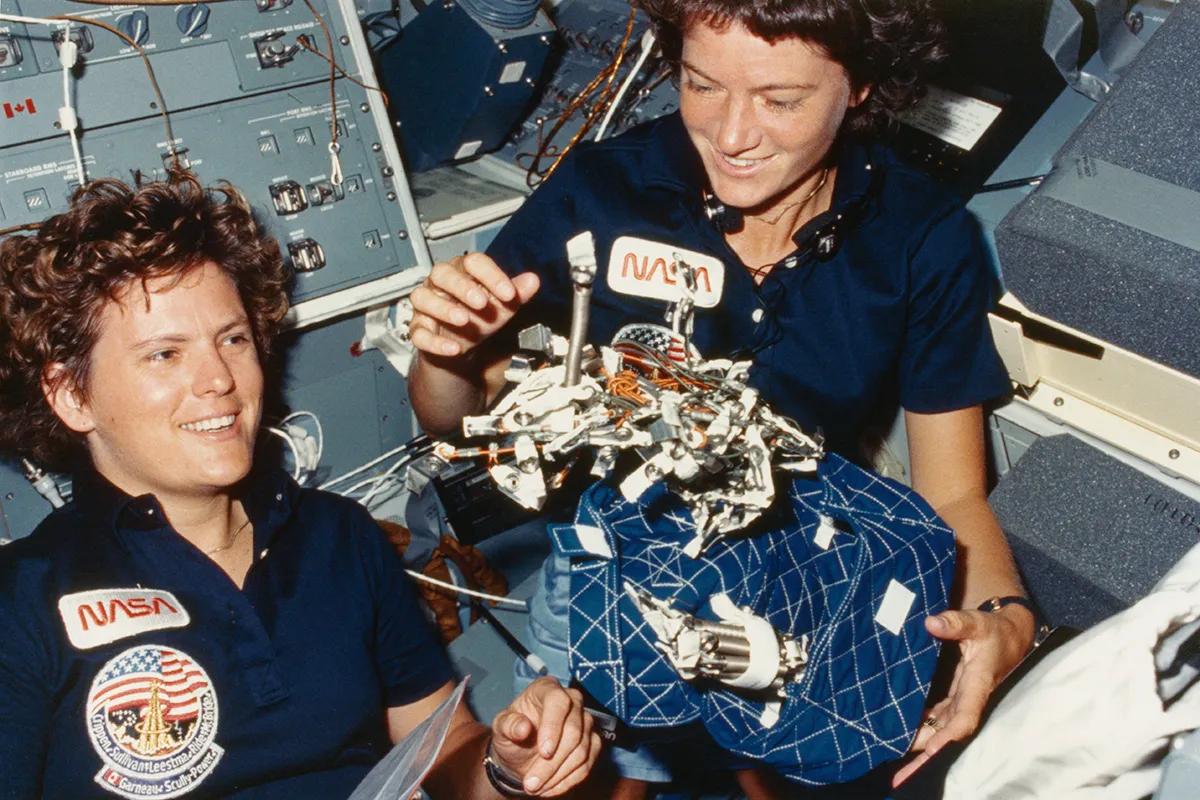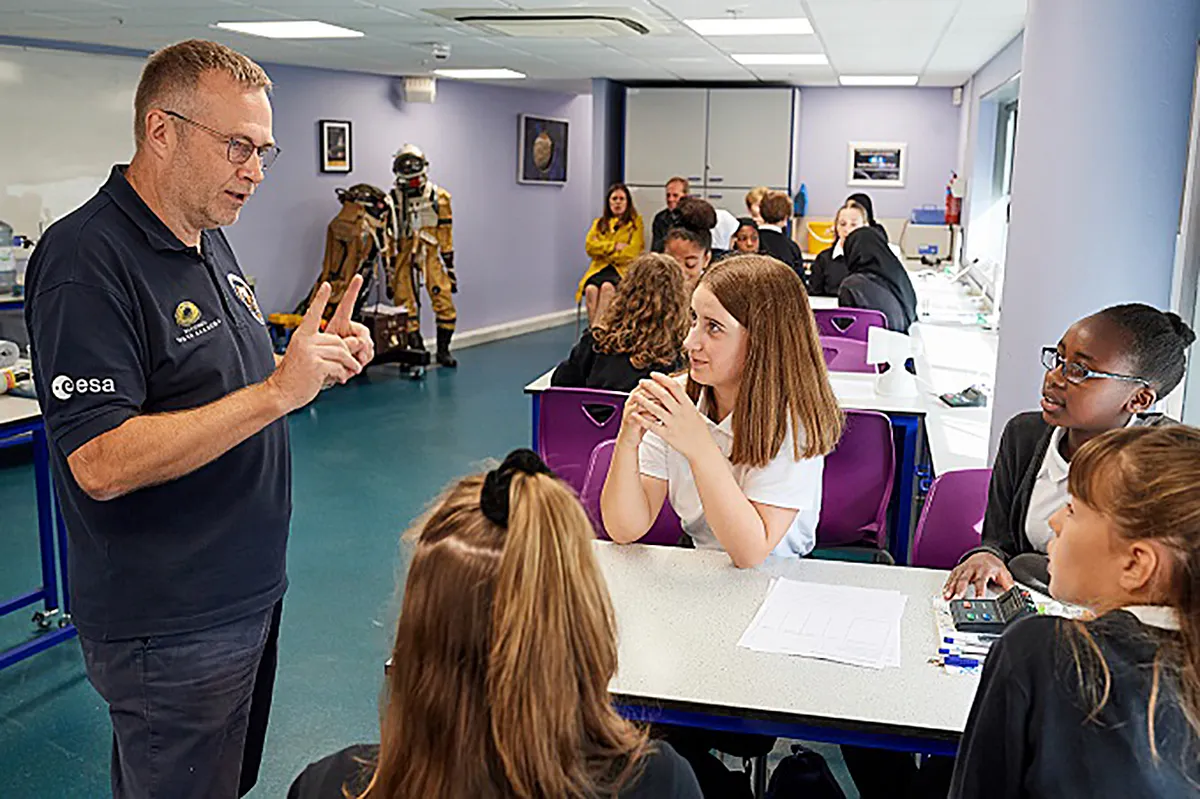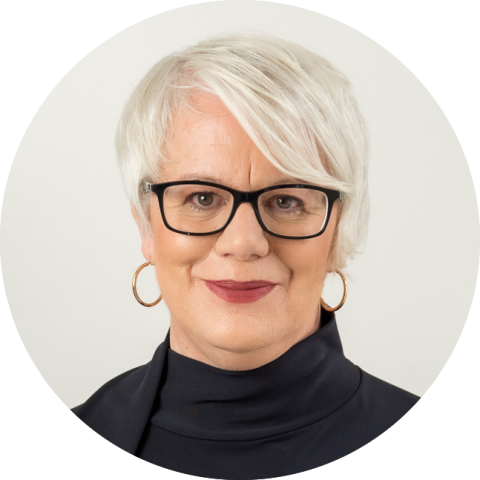As one of many women in the space sector, I take great pride in smoothing the path for leadership and innovation – although I find the lack of gender diversity within the industry still quite concerning.
Despite an improvement in the number of women entering the space industry over the past 20 years, particularly at a senior level, it remains a male-dominated field.
To this day, only 11% of all people that have been to space are women; and beyond that the representation of women in STEM, a vital talent pipeline for the sector, sits at only 22%globally.

Increased commercialisation and funding are paving the way to revolutionise our ability to journey deeper into space.
Despite this momentum, the UN reports only one in five space industry workers are women.
The roots of the space sector lie within the government and the military, which means the culture remains very traditional: male-dominated and highly technical.
Limit to access breeds limit to success, and the breadth of skills within the sector is curbed if the talents and capabilities that women can offer aren’t incorporated.
Space is shaping the future of humanity, and so the failure to represent women in the space industry denies everyone.
We cannot discourage women from wanting to take part in decisions that stand to shape their future; instead we should work to break down the barriers to access for those wanting to enter the space industry and STEM disciplines like engineering and technology.
In my own experience, it can be intimidating at times to be confronted with challenges around being taken seriously, pitching to investors and securing funding.
I have learned to find strength in diversity and I firmly believe we can drive progress to overcome these challenges through collaboration, inclusivity and support.

There are vibrant female entrepreneurs making strides across the industry, and their expertise and diversity of thought should be celebrated.
It’s encouraging to see initiatives like the UK Space Agency Accelerator taking an active role in recruiting female entrepreneurs onto their programmes, which are designed to give entrepreneurs the mentoring and commercial support they need to grow a sustainable space business.
Representation of women in the space industry is vital in demonstrating to young women and children that space exploration is not just reserved for men, but for all those who are passionate about it.
The space industry needs to attract girls from an early age, encouraging more children and young people to study aerospace engineering, for example, and encouraging those already in the industry to become senior leaders, as well as attracting people from outside the industry who can contribute to innovation and growth.
While progress has been made in the last 20 years, this is an ongoing issue prompting continued investment in support and resources for women.
There is great promise in the UK space industry: it is highly collaborative and integrational in the way lots of other industries aren’t.
We should use this vantage point to encourage women to be part of the ground-breaking projects that will make an impact for future generations.
This article originally appeared in the July 2023 issue of BBC Sky at Night Magazine.
